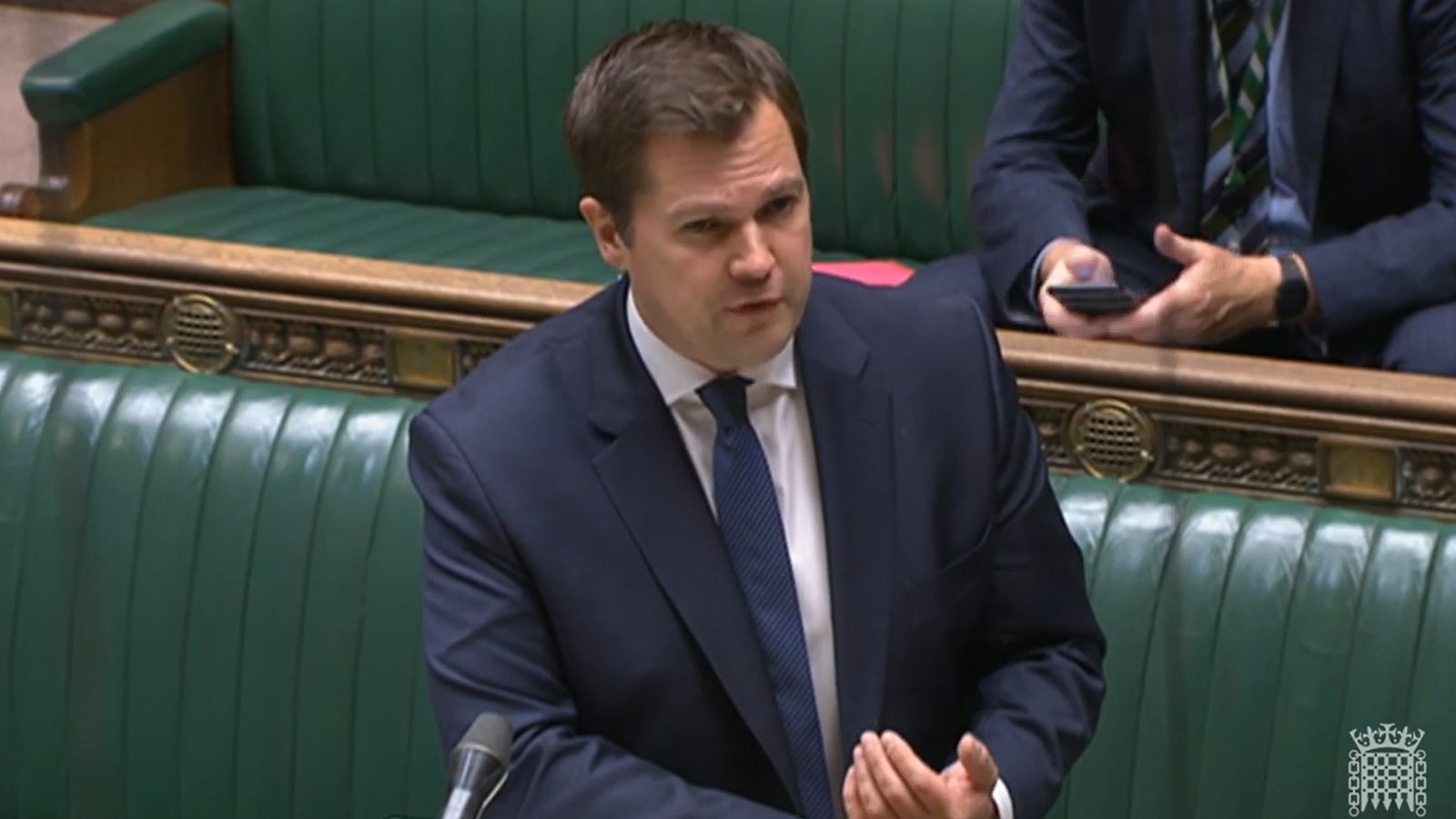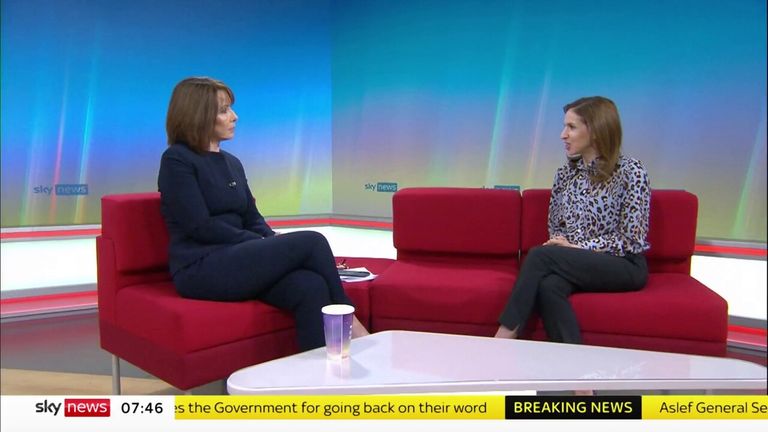The Illegal Migration Bill is heading back to the House of Lords later after MPs voted against almost all of the changes previously proposed by peers.
The controversial legislation bans people from claiming asylum if they arrived in the UK illegally, and puts a legal duty on the Home Office to remove them.
Tonight the bill will go through a process known as parliamentary “ping pong” – with the bill going between the two houses until both are in agreement.
The Illegal Migration Bill had an extremely bumpy ride in the Lords last time around, with the government suffering a record 20 defeats. Peers sent the bill back to the Commons with a long list of amendments which MPs debated and voted on last night.
In a marathon session of 18 separate formal votes, lasting nearly four hours, the Lords’ amendments were almost all entirely overturned, despite a small group of Tory rebels fighting to keep the peers’ proposals on unaccompanied children, safe and legal routes, and modern slavery protections.
The only proposals from the Lords that remained came in the form of a series of government amendments that were tabled as concessions. These were announced at the eleventh hour by the Home Office, caving to Tory rebels on a number of key issues like reducing the length of time unaccompanied children and pregnant women can be detained, as well as u-turning on the plan to retrospectively apply the new law to illegal migrants arriving in the UK since March.
Politics Hub: Sunak to miss second PMQs in a row – latest politics updates
While the prime minister’s spokesperson insisted yesterday there was no timetable for the legislation, these changes were clearly designed to try and speed its passage through Parliament before the summer recess.
The bill is the cornerstone of Rishi Sunak’s key pledge to stop the small boat crossings – and with the numbers virtually as high as last year, and the Rwanda plan stalled in the courts – the government is determined to make some kind of tangible progress.
But it was clear from the debate and the number of Conservative rebels that many Tory backbenchers are still deeply concerned about the bill.
Former Prime Minister Theresa May made a fervent speech objecting to the fact the bill limits the ability of modern slavery victims to seek help from the authorities, arguing it would ‘consign more people to slavery’ as a result.
She told MPs this would mean someone illegally trafficked into sexual exploitation would receive no support from the police if they were able to escape and urged the government to support the Lords on this issue.
The amendment was voted down – but 16 Tory MPs rebelled, including Mrs May, and a number of other former ministers and senior party figures including Damian Green, Sir Robert Buckland, Caroline Noakes and Sir Ian Duncan Smith.
15 Conservatives voted against their own government’s proposals about the detention of unaccompanied children. Former children’s minister Tim Loughton was highly critical of the late appearance of the government’s concessions, arguing “assurances that we were promised have not materialised or, if they have, I am afraid nobody understands them”.
Former Justice Secretary Sir Robert Buckland meanwhile urged the government to move faster on the publication of safe and legal routes for migrants. In response, Immigration Minister Robert Jenrick would only say that they would do this as soon as practicable, and certainly by the end of 2024. This wasn’t good enough for many of the rebels – with 13 Tories voting to accept the Lords amendment on this point.
In his opening speech during the debate Mr Jenrick was bullish in tone, accusing the Lords of passing a series of “wrecking amendments” filled with “exceptions and get out clauses” which would prevent the legislation from fulfilling its function in stopping the small boats. He urged peers to respect the will of the elected House of Commons.
But is the strength of rebellion enough to force further concessions from the government before the game is over?

